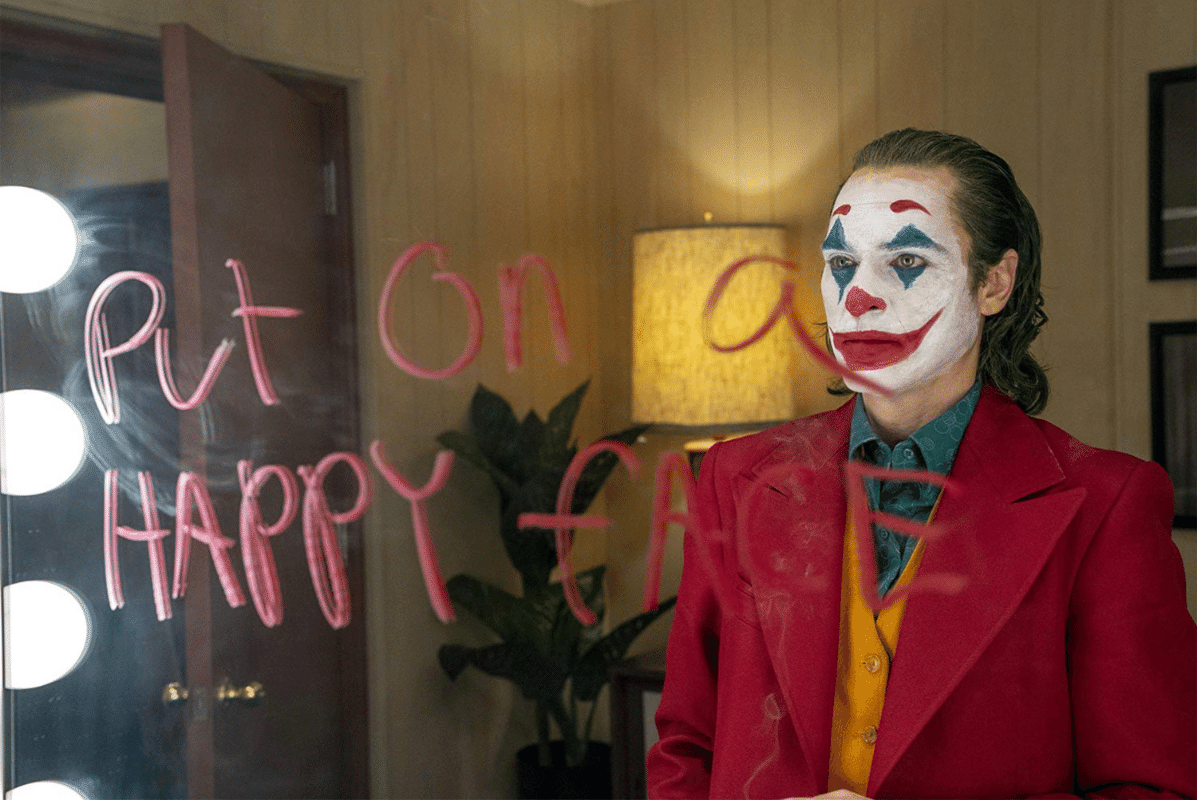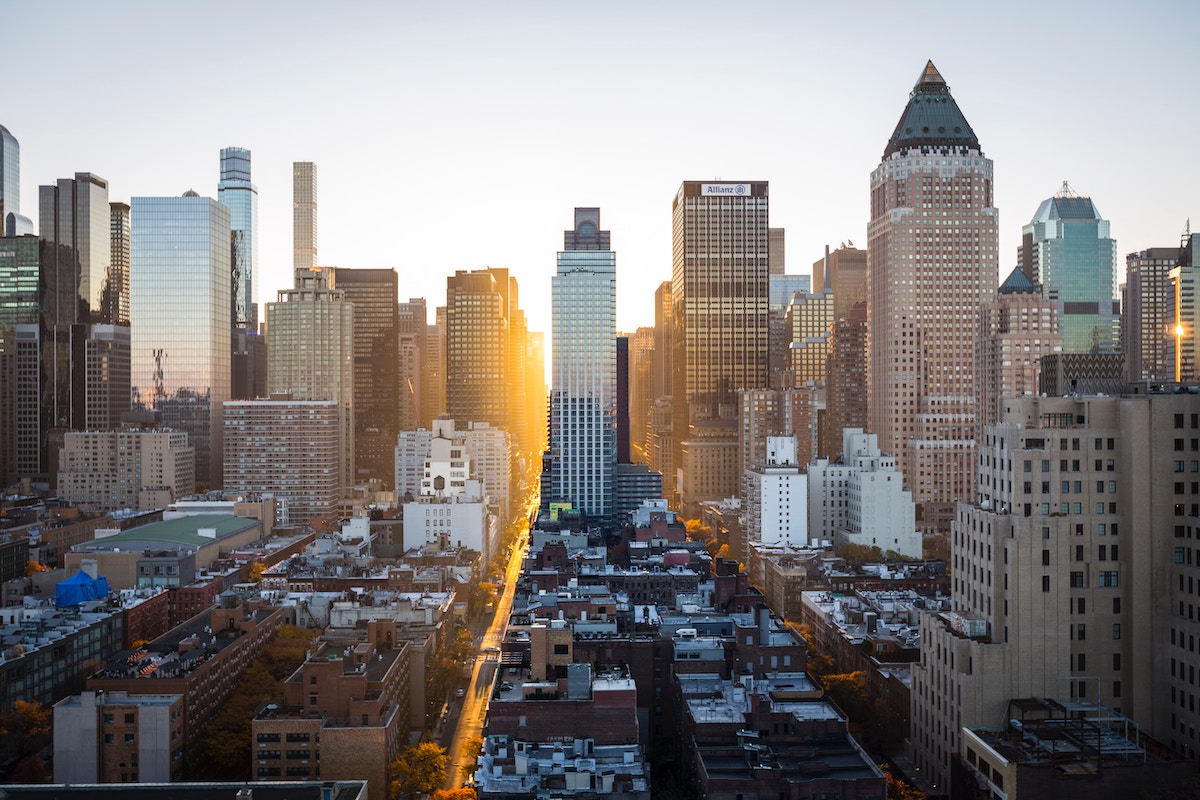Top Stories
The Rise of Post-Liberal Man
This kind of regime-analysis disappeared with the rise of classical liberalism, which supplied an altogether different language of politics.

Ancient philosophers did not analyse political systems in terms of individual rights, distribution of powers, and legitimacy. Instead, they focused upon the kind of citizen that a specific regime-type produces, the virtues it inculcates, and the values it promotes. In the Republic, Plato speaks of “Democratic Man,” “Aristocratic Man,” and “Timocratic Man.” The very word “regime” is an English translation of politeia, a term that Plato uses to convey both a system of government and the way of life of a political community. On this view, far from a matter of procedure, politics becomes a way to shape the hearts, minds, and souls of citizens. In this sense, the ancient city-state constitutes a tutelary community that enshrines a definition of the good life, a pantheon of heroes, and a panoply of virtues. For centuries, this type of regime-analysis dominated political thought. From Polybius to Montesquieu, theorists would treat the political sphere as a nexus of laws and institutions, but also customs, habits, manners, and—most importantly—ways of life.
This kind of regime-analysis disappeared with the rise of classical liberalism, which supplied an altogether different language of politics. As an intellectual reaction against an oppressive order, classical liberalism is first and foremost a negative ideal. Most liberal theorists know what they do not want—domination, illegitimate hierarchies, dogma—but they do not know what they do want, insofar as they do not tie their political philosophy to a precise definition of the good life. Once liberated, individuals must build their sense of selfhood by and for themselves. The liberal state provides liberty and rights, not meaning and purpose.
Granted, specific liberal theorists do have an account of “Liberal Man.” In his defense of modern liberty, for example, the French philosopher Benjamin Constant champions the blessings of commercial life. In his account, modern states do seek to cultivate a set of liberal virtues, from moderation and independence to open-mindedness and responsibility. Nevertheless, there remains a fundamental difference between modern liberal states and their ancient counterparts—namely, that while the latter use politics to shape the hearts and minds of people, the former externalize this “shaping” function to civil society, private corporations, and the actions of individuals themselves. Some, like Adam Smith and his neoclassical admirers, trust the workings of the invisible hand. Others, like Constant, view commerce as a force of moderation, liberation, and progress. Afraid of tyrannical governments, classical liberals subordinate political to economic activity, thereby enshrining the primacy of the individual over the state.
Nonetheless, we should not delude ourselves into thinking that liberal societies do not shape people in specific and deliberate ways. The social engineering may not be as explicit and centralized, but it remains present. For instance, the rise of liberalism has led to two trends—among others—whose influence has reformed Western institutions from within:
- Individualization: Liberated from traditional forms of communal life, citizens in liberal polities exist first and foremost as individuals. Collective affiliations become secondary, if not downright irrelevant. Inherited sources of moral obligation lose their legitimacy, philosophers celebrate self-construction, and—over time—consent becomes the ultimate standard of ethical relevance.
- Rationalization: Faith and revelation find themselves delegitimized, constrained, and relegated to the private sphere. Instrumental reason, whose workings underpin the invisible hand, reigns supreme. More broadly, a firm belief in economic, technological, and moral progress replaces religious narratives in the public mind.
In this sense, liberal states do shape people in specific ways. Liberal Man is more secular, libertine, and individualistic than most. Independent, he celebrates the blessings of commercial life. A firm believer in science’s ability to solve fundamental problems, he puts his faith in rationality. Tolerant, he cultivates civility, seeking to preserve institutions that allow people to co-exist despite their differences. In all these respects, Liberal Man is fundamentally different from the citizens of ancient polities, Renaissance city-states, Imperial China, or Islamic Caliphates. Of course, liberal societies do not mass-produce people who possess all of the above qualities. As an archetype, Liberal Man merely represents the personified amalgamation of the cultural trends that liberal societies encourage—consciously or not. For instance, defenders of liberalism may not want secularization; but liberalization and secularization tend to go hand in hand, in part because of the liberal desire to question arbitrary and irrational sources of authority.
Note, further, that the relationship between liberalism and Liberal Man is bidirectional: Liberal societies produce liberal citizens who, in turn, defend and cultivate liberal principles. Liberal Man may survive, however painfully, in illiberal lands; but liberal polities cannot survive without liberal citizens.
In this sense, most of the West’s civilizational challenges stem from the simple fact that liberal societies are no longer producing liberal citizens. The campus Left, the nationalist Right, ardent neo-Marxists, and Catholic integralists may not have much in common, but they all share a disdain for liberalism’s rationalist outlook, atomistic individualism, and pseudo-neutral proceduralism. In different ways, these movements attack the idea that we are self-constructed individuals who can build our sense of identity out of thin air. Marxists emphasise the role of class, gender, and race; communitarians stress the moral obligations we inherit—to the Church, the family, the community, and the nation. More fundamentally, these political forces reject the liberal desire to let people seek their own sources of meaning. Embracing comprehensive definitions of the good life, the critics of liberalism view politics as a power-game wherein competing moral systems fight for supremacy in the public square.
Why do voters seem increasingly attracted to illiberalism? Perhaps because they are, in fact, desperately looking for a way out of the hubristic idea that we can self-construct, find meaning by and for ourselves, and exist as sovereign, rational individuals. In the West and beyond, Liberal Man is being replaced by Post-Liberal Man, whose cardinal virtues are altogether different. Gone is the appreciation for diversity, disagreement, and proceduralism. Enters an insatiable thirst for public morality, purpose, and collective attachment.

The political theorist who best explains the rise of Post-Liberal Man is the much-maligned Francis Fukuyama. Often caricatured as a work of liberal triumphalism, The Last Man—the under-discussed addendum to The End of History—contains a prophetic diagnosis of the challenges that liberal societies would face after the end of the Cold War. For much of the 20th century, liberalism existed within a convenient trichotomy, alongside fascism and communism. In this context, liberal democracies did not struggle to provide normative justifications for the superiority of liberal thought; anyone who desired basic levels of material prosperity and rejected racial hierarchies would have to be a liberal by default. After the fall of the USSR, however, liberalism began to reign supreme—and with this supremacy came a need to provide a positive vision for the liberal order. The problem, of course, is that liberalism has no comprehensive conception of the good. Liberal states offer rights and prosperity, but nothing more.
There comes Fukuyama’s question. “Left to themselves,” Fukuyama wonders, “can those stable, long-standing liberal democracies of Europe and America be indefinitely self-sustaining, or will they one day collapse from some kind of internal rot, much as communism has done?” The answer requires an assessment of “whether there are other deeper sources of discontent within liberal democracy—whether life there is truly satisfying.” Note that Fukuyama does not use the term “satisfaction” as a synonym for hedonistic pleasure or relative contentment. His concern lies with the ability of Liberal Man, the creature who emerges at the end of history, to find happiness. Endowed with equal rights, liberated from arbitrary hierarchies, and enjoying unparalleled levels of material comfort, will Liberal Man achieve deep-seated contentment?
Fukuyama answers by the affirmative, but he does so cautiously. Time and again, he worries about modern life’s “dullness and lack of community.” Pointing to the Platonic account of Thymos, the spirited passion driving man’s endless search for glory, Fukuyama admits that we all desire to “seek out struggle and sacrifice, to prove that the self is something better and higher than a fearful, needy, instinctual, physically determined animal.” In this sense, the greatest flaw of liberal democracy lies in its inability to satisfy the most deep-rooted passions of man. As Fukuyama puts it, “thymos cannot be satisfied by the knowledge that we are merely equal in worth to all other human beings.”
This frustration underpins the transition from Liberal to Post-Liberal Man. Emerging from the great struggles of the 20th century, Liberal Man first delights in the enjoyment of basic political goods—equal rights, material betterment, and individual freedom. As the memory of those struggles withers away, however, the deeper desires of the human soul rise once more, discontented. Liberal Man begins to see boundless consumerism where he once saw prosperity, atomization where he once saw independence, spiritual emptiness where he once saw rationality, relativism where he once saw tolerance, and anarchic disorder where he once saw freedom. From this sense of dissatisfaction comes the need to transcend the constraints of liberalism. Incapable of emulating the glory of Achilles, the courage of the American Founders, and the devotion of medieval crusaders in the world he helped sustain, Liberal Man struggles against his own ideals. Devoid of great causes, monumental conflicts, and grand passions, the end of history seems to demand its own disruption. As Fukuyama aptly observes, “if men cannot struggle on behalf of a just cause because that just cause was victorious in an earlier generation, then they will struggle against the just cause. They will struggle for the sake of struggle. They will struggle, for they cannot imagine living in a world without struggle.” Ultimately, the greatest threat to liberalism comes from within—and its name is generalized boredom.
There are two main ways to address the rise of Post-Liberal Man. The first, which Fukuyama preconizes, demands the preservation of the pre-liberal roots of civil society. On this view, liberalism can only survive in a world wherein a set of institutions—from churches and local community-centres to the Boy Scouts—inculcate pre-liberal values to fill the spiritual void that liberal societies create. Against atomization and relativism, religious congregations; against destructive egoism, strong neighbourhoods; against unreflective materialism, liberal arts colleges. In a sense, Fukuyama’s vision demands the restoration of a Tocquevillian America in which private institutions, rooted in the traditions of Athens and Jerusalem, tempered the excesses of the Enlightenment.
Alternatively, we could embrace the frustrations of Post-Liberal Man and seek a hybrid model of governance—one that recognizes the need for the state to intervene when civil society fails to sustain its own institutions, stands ready to legislate specific moral principles, and refuses to remain agnostic vis-à-vis substantive definitions of the good life. Of course, doing all of the above need not require the total abandonment of liberalism: Encouraging certain ways of life does not mean imposing anything upon anyone. For instance, robust family policies provide economic incentives to strengthen traditional structures without forcing people to change their lifestyles. In this sense, Fukuyama’s Tocquevillian revival and this moderate form of post-liberalism can coexist, at least in the short term. But the second option differs from the first in one central respect: An explicit desire to wield state-power in order to address our present moment’s crisis of meaning.
Either way, the preservation of public order will require us to restart history, to wage war against nihilism, and to prevent Post-Liberal Man from expressing his discontentment in destructive, pathological ways.






